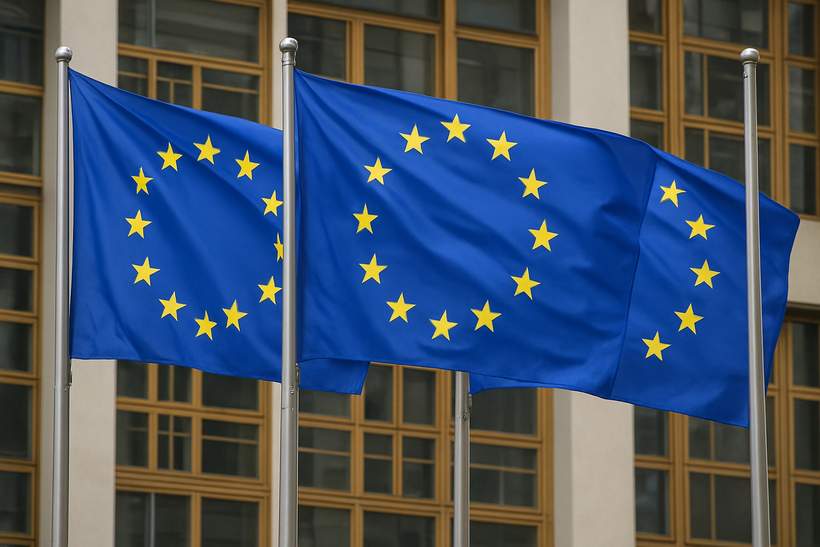EGBA Reports Progress in Safer Gambling and Highlights Risks from Black Market

Overview of EGBA’s 2025 Sustainability Report
The European Gaming and Betting Association (EGBA) recently published its 2025 Sustainability Report, showcasing the significant advancements made by its members in responsible gambling, environmental efforts, and economic contributions. At the same time, the report draws attention to the growing risks posed by unregulated gambling markets.
Significant Tax Contributions and Workforce Growth
In the past year, EGBA members collectively contributed €3.8 billion (approximately $4.44 billion) in taxes across Europe, supporting public services. The industry also expanded its workforce to nearly 63,000 employees, marking a 7% increase compared to previous years. Women represented 43% of the staff, forming the largest group, while the majority of employees (37%) were between the ages of 26 and 35.
Additionally, EGBA operators invested €735 million (around $859 million) into European sports through sponsorships, streaming rights, and levies.
Changes in Player Behavior and Operator Initiatives for Safer Gambling
The report reveals a positive shift in player habits alongside enhanced efforts by operators to promote safer gambling. In 2024, EGBA members sent out 100 million safety messages to customers—a 48% increase from the previous year. Of these, 27.9 million messages were personalized based on individual player behavior.
These targeted communications proved effective, with 42-46% of high-risk players exhibiting improved or stabilized gambling patterns after receiving them. Nearly 70% of customers, equating to 26.7 million people, utilized at least one safer gambling tool, with about half of these users engaging voluntarily.
Younger players particularly embraced these tools, with 49% of voluntary users aged 35 or under. Deposit limits remained the most popular tool, though players increasingly explored other options. Customer interactions increased as well, with 15.9 million service engagements related to bonuses, account support, and payment inquiries. Operator staff training on safer gambling also improved significantly, reaching 89% coverage compared to 80% the prior year.
Investments in Research and Environmental Progress
Charitable donations rose slightly to €156.8 million (around $183.2 million). Furthermore, expenditures on research, education, and treatment for gambling-related harm more than doubled to reach €148.9 million (approximately $174 million).
On the environmental front, the industry reduced its overall energy consumption by 11% and increased the use of renewable energy sources to 78%. However, reported greenhouse gas emissions saw an increase, primarily due to more extensive tracking of emissions within the supply chain.
Concerns Over Black Market Gambling
The EGBA also voiced concerns over the rise in unregulated gambling activities, especially in countries like the Netherlands and the United Kingdom. In the UK alone, illicit operators are estimated to process £2.7 billion (about $3.65 billion) annually, resulting in a loss of approximately £335 million ($453.3 million) in tax revenue.
The association cautioned that overly strict regulations might drive players toward unsafe, illegal sites. It emphasized the need for balanced, evidence-based policies that prioritize player protection and industry sustainability. In line with this, the EGBA announced upcoming updates to its anti-money laundering guidelines, guided by findings from its second annual AML report.